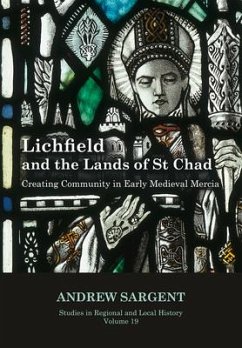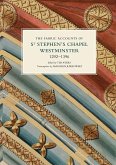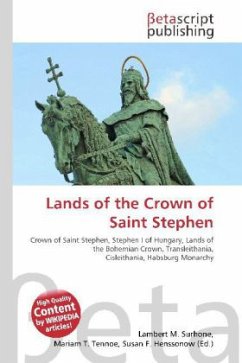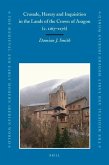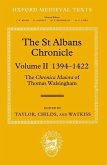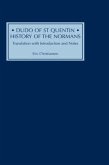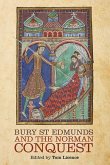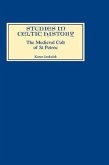This book focuses on the period from the seventh to eleventh centuries that witnessed the rise and fall of Mercia, the great Midland kingdom, and, later, the formation of England. Specifically, it explores the relationship between the bishops of Lichfield and the multiple communities of their diocese. Andrew Sargent tackles the challenge posed by the evidential 'hole' at the heart of Mercia by synthesising different kinds of evidence--archaeological, textual, topographical, and toponymical--to reconstruct the landscapes inhabited by these communities, which intersected at cathedrals, minsters, and other less formal meeting-places. Most such communities were engaged in the construction of hierarchies, and Sargent assigns spiritual lordship a dominant role in this. Tracing the interconnections of these communities, he focuses on the development of the Church of Lichfield, an extensive episcopal community situated within a dynamic mesh of institutions and groups within and beyond the diocese, from the royal court to the smallest township. The regional elite combined spiritual and secular forms of lordship to advance and entrench their mutual interests, and the entanglement of royal and episcopal governance is one of the key focuses of Andrew Sargent's outstanding new research. How the bishops shaped and promoted spiritual discourse to establish their own authority within society is key. This is traced through meagre textual sources which hint at the bishops' involvement in the wider flow of ecclesiastical politics in Britain, and through the archaeological and landscape evidence for churches and minsters held not only by bishops, but also by kings and aristocrats within the diocese.
Hinweis: Dieser Artikel kann nur an eine deutsche Lieferadresse ausgeliefert werden.
Hinweis: Dieser Artikel kann nur an eine deutsche Lieferadresse ausgeliefert werden.

